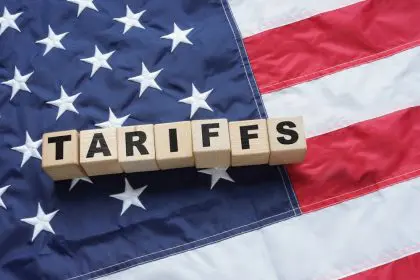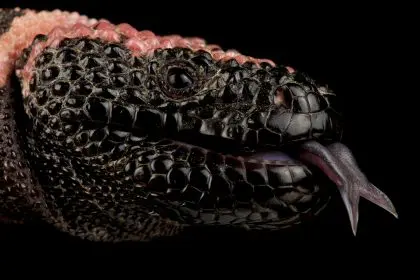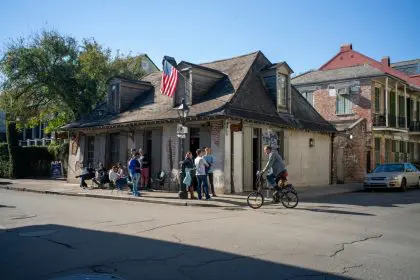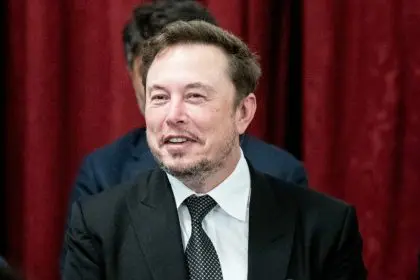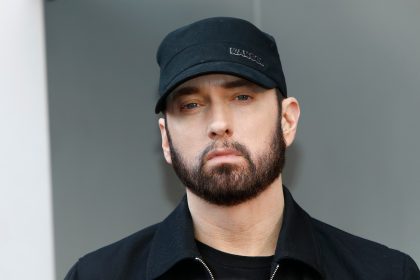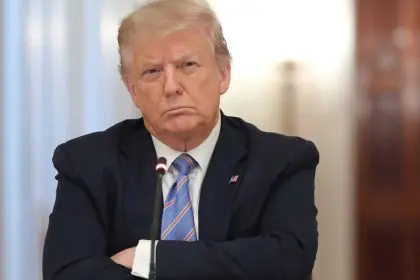
The worst fears of many Americans has come true, the Ebola virus is now in the United States. The virus was first officially introduced into the country when four infected health care workers were treated in Atlanta and at other specially designated hospitals in the U.S. But somehow, despite being on heightened public health alert, Thomas Eric Duncan, a Liberian citizen infected with Ebola, was able to gain legal entry into the United States.
Duncan died of the virus last week at a Dallas hospital amid a swirl of controversy. Primary, among the many issues, was the initial statement that there were no longer any doses of the only known treatment for Ebola, ZMapp. The drug ZMapp is the result of collaboration between Mapp Biopharmaceutical Inc., and LeafBio (San Diego, California), Defyrus Inc. (Toronto), the U.S. government and the Public Health Agency of Canada. Currently, ZMapp is now made in genetically modified tobacco plants by Kentucky BioProcessing. Another similar version of the drug is being produced by an unnamed partner company using Chinese hamster ovaries grown in a sterile media.
According to a company spokesman at Mapp Biopharmaceutical, “All available doses were shipped to Africa at no charge.” However, other than the statement that there were just “a handful of doses available” no number has been attached to how many doses were produced or who received the shipment. A Spanish priest who died from Ebola was treated with ZMapp in Spain. According to sources, his dose came from the World Health Organization in Geneva.
This has caused many to ask, “Is there a racial disparity in Ebola treatment?” This question is a two-edged sword. On the one hand, it does seem that out of the thousands of Ebola patients and dead victims who were African, only white missionaries and NGO aid workers were treated with ZMapp as far as the public knows. It can be argued that because of the specialized nature of their skills, they help hundreds, if not thousands of poor Africans and take great risks for little to no compensation. So being treated with ZMapp was a compassionate use of the drug for these aid workers. However, no information has been given on African health care workers or burial team members who may have contracted the disease and received inadequate treatment. If a handful of workers with protective gear get the disease, then what of the burial teams who use plastic bags instead of gloves on their hands.
Then there are some who contend that Africans are being experimented on with Ebola drugs in a rush to find an effective cure and generate a profit. According to Reuters news agency “Lakeland Industries, a maker of garments to guard against hazardous materials, jumped 20.2 percent to $23.59 before the opening bell after soaring more than 125 percent last week. Alpha Pro Tech, a maker of face masks, was up 16.3 percent to $8.64 premarket on the heels of rocketing 129 percent last week. Smaller biotech names were also up sharply after the second Ebola diagnosis, with iBio up 86.4 percent to $2.74 after a leap of more than 83 percent Friday. U.S.-listed shares of Tekmira Pharmaceuticals were up 3.8 percent to $23.66.”
Now that Ebola has become a world problem and not just another African problem, perhaps the death and suffering of poor Africans can be halted. If not, according to WHO and other health agencies, the world could have had more than a million Ebola victims in 2014.







